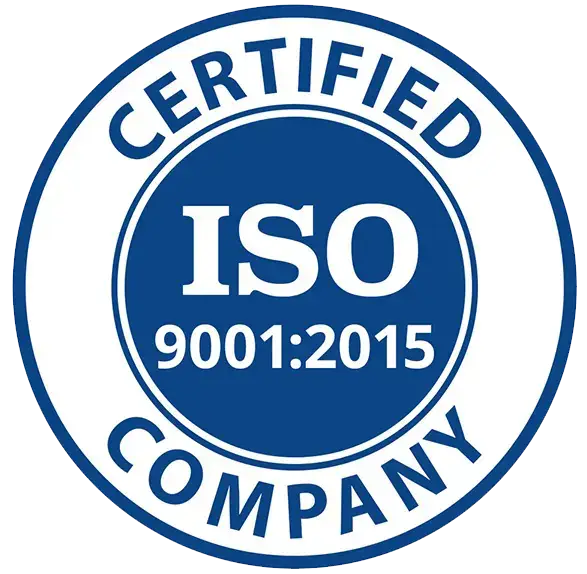No products in the cart.
Canned Wine Market Size – By Product, Alcoholic Content, Distribution Channel Analysis, Share, Growth Forecast, 2025 – 2034
Report ID: GMI6867
|
Published Date: January 2025
|
Report Format: PDF
Download free sample
Get a free sample of Canned Wine Market
Get a free sample of Canned Wine Market
Is your requirement urgent? Please give us your business email for a speedy delivery!
Buy Now
$4,123 $4,850
15% off
$4,840 $6,050
20% off
$5,845 $8,350
30% off
Buy now
Premium Report Details
Base Year: 2024
Companies covered: 10
Tables & Figures: 172
Countries covered: 22
Pages: 200
Download Free Sample






Canned Wine Market Size
The global canned wine market size was valued at USD 1.4 billion in 2024 and is estimated to grow at a CAGR of over 12.8% from 2025 to 2034. With their convenience and portability, cans have become the go-to packaging choice for outdoor enthusiasts. Easy to transport, open, and dispose of, they're favored at picnics, festivals, camping trips, and sporting events. Their lightweight nature and resilience, especially when compared to fragile glass bottles, enhance their allure.
Moreover, single-serving portions cater to those desiring a taste of wine without the commitment of an entire bottle. According to the U.S. Environmental Protection Agency (EPA), aluminum cans have a recycling rate of approximately 50%, making them an environmentally friendly option compared to other packaging materials.
Canned Wine Market Trends
The market for canned wine was experiencing significant growth and increasing acceptance among consumers. Canned wine was being embraced as a convenient, portable, and versatile option for various occasions. In addition, canned wine offerings were diversifying beyond traditional still wines to include sparkling, rosé, red, white, and even wine cocktails. This diversification catered to a wide range of consumer preferences and occasions.
The primary challenge is the perception that canned wine may be of lower quality compared to traditional bottled wine. Overcoming this prejudice and convincing consumers that quality wine can be found in a can is an ongoing challenge for the industry. Additionally, canned wine is often associated with single-serving portions, which can limit its appeal to consumers looking for larger quantities or those who prefer to buy in bulk.
Canned Wine Market Analysis
The COVID-19 pandemic had a profound and multifaceted impact on various markets, including the wine industry, which also influenced the canned wine industry. The pandemic brought about both challenges and opportunities for this sector. On the downside, the closure of bars, restaurants, and in-person events resulted in a decline in on-premises wine consumption, affecting both bottled and canned wine sales. The disruption in supply chains and distribution networks, along with economic uncertainties, added further challenges.
However, the canned wine industry also saw some positive effects. With consumers staying at home and turning to online shopping, e-commerce and direct-to-consumer sales of canned wine saw a notable uptick. The pandemic encouraged consumers to explore new ways of enjoying wine, and the convenience, portability, and smaller serving sizes of canned wine made it a more appealing choice for at-home consumption and outdoor activities, even as indoor gatherings decreased.
The canned wine market from Sparkling segment held over USD 598.9 million in 2024, and it is anticipated to expand to 12.6% of CAGR during 2025 to 2034. Sparkling wine is traditionally associated with celebrations and special occasions. While people continue to enjoy it for weddings, anniversaries, and holidays, there is a growing trend of consumers seeking reasons to celebrate even in everyday life.
The canned wine market from low alcohol segment reached USD 566.3 million in 2024 and gained 12.5% CAGR from 2025 to 2034. Increasing health consciousness and a desire for a balanced lifestyle have driven consumers to seek lower-alcohol alternatives to traditional alcoholic beverages. Low-alcohol options are often perceived as healthier choices that allow individuals to enjoy a drink without the same alcohol-related health risks.
The liquor stores segment was valued at USD 692.4 million in 2024 and gained an 12.3% CAGR through 2034. The market is growing as the consumers are actively seeking convenience and variety in their wine choices. Liquor shops recognize the growing demand for canned wine and stock their shelves to meet this demand, providing consumers with convenient and easily accessible options.
The U.S. canned wine market size dominated around USD 447.6 million in 2024 and expected to grow at a 13.4% CAGR till 2024. Driven by evolving consumer preferences and a push for convenience, the U.S. market is witnessing a notable surge. Millennials and Gen Z are leading the charge, drawn to canned wine for its portability and eco-friendly packaging. These younger consumers find canned wine perfect for casual outings, be it picnics, festivals, or outdoor gatherings.
Additionally, the market is riding the wave of a premiumization trend, with brands emphasizing high-quality wines in cans, matching the caliber of traditional bottled offerings.
Canned Wine Market Share
Gallo is renowned for being a family-owned and operated winery. The Gallo family has maintained an active role in the company's leadership and management throughout its history. The winery boasts an extensive and diverse portfolio of wine brands, covering various varietals, styles, and price points. Gallo's product range includes both popular, everyday wines and premium, high-end labels. Some of their well-known brands include Barefoot Cellars, Apothic, Dark Horse, and Gallo Family Vineyards, among others.
Canned Wine Market Companies
Major players operating in the canned wine industry are:
Canned Wine Industry News
This canned wine market research report includes in-depth coverage of the industry with estimates & forecast in terms of revenue (USD Million) & volume (Tons) from 2021 to 2034, for the following segments:
Click here to Buy Section of this Report
Market, By Product
Market, By Alcoholic Content
Market, By Distribution Channel
The above information is provided for the following regions and countries: